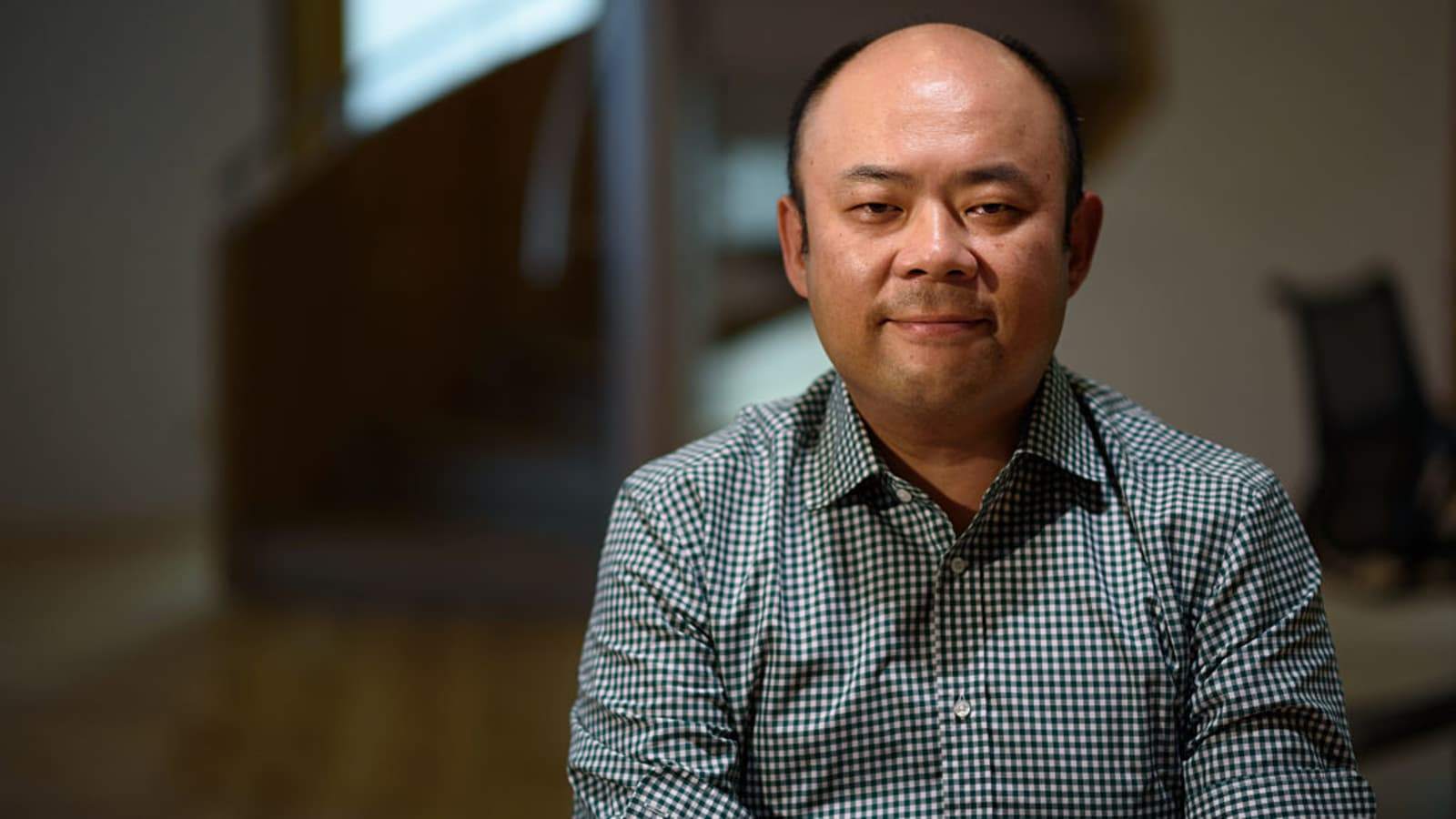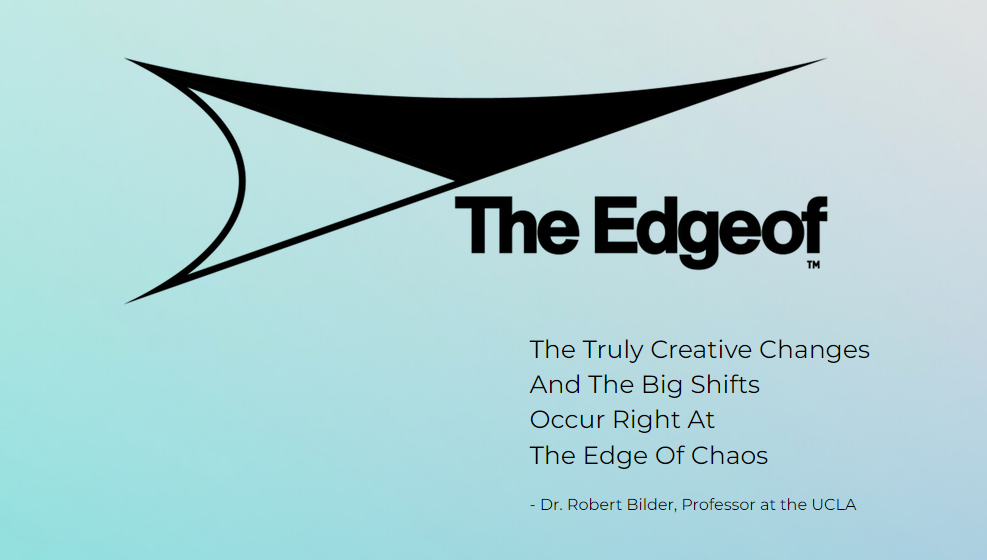SoftBank to Launch New Fund Supporting AI Startups
SoftBank Group believes that the way venture capitalists fund startups must change as AI startups scale up much faster than currently envisaged.
SoftBank Group believes that due to the far exceeding expansion rate of AI startups beyond current projections, the way venture capitalists fund startups must change.
Taizo Son, co-founder of Singaporean venture capital firm The Edgeof, stated that venture capital funds are currently "structurally" challenged to meet the rapid growth and immense capital needs of AI companies. Additionally, some AI startups, unrestricted by employee counts, expand "exponentially" rather than incrementally.
As a prominent investor, Taizo Son is renowned for founding one of Japan's gaming industry giants, GungHo Online Entertainment. Additionally, he co-founded Yahoo Japan alongside his brother, SoftBank Group CEO Masayoshi Son.

Last year, The Edgeof acquired Seoul-based venture capital firm SBVA from SoftBank, formerly known as SoftBank Ventures Asia, managing around $2 billion in funds.
Taizo Son noted that startups often struggle to increase their staff from 50 to 100 within a year, as rapid expansion may disrupt company culture. However, AI "does indeed have the potential" to enable a company with just 5 to 10 employees to generate millions of dollars in revenue while automating many tasks.
Moreover, as the revenue of AI startups isn't determined by the number of employees or factories but rather by their access to semiconductors, such companies find it easier to scale, necessitating rapid and substantial investment.
Taizo Son mentioned numerous examples in the US where companies in the Series A funding stage skyrocketed to Series D within a year, with Series A typically involving millions of dollars and Series D potentially reaching tens of times that amount. However, for some companies, the journey from Series A to Series D funding could take up to 10 years.

In November 2022, OpenAI released a beta version of ChatGPT. Following an initial investment of around $1 billion by Microsoft in 2019, they quickly announced in January 2023 a "multi-year, multi-billion-dollar" investment. Anthropic, another American generative AI company founded by former OpenAI executives in 2021, announced last year that it had secured investments from Amazon totaling up to $4 billion.
However, according to Sun Taizang, existing venture capital is not keeping pace with this speed, potentially limiting the development of AI companies due to a lack of rapid financing from investors.
Traditionally, venture capitalists invest in various startups and gradually allocate capital over five to eight years, a long-term investment approach that increases the possibility of low-risk returns but also requires time.
To address this issue, Sun Taizang plans to establish a new fund within his company this summer, focusing on early-stage AI-related startups in Series A and Series B rounds. The fund will invite a select group of investors to share information on startups and jointly invest in promising companies by creating multiple funds.
Additionally, the fund will prioritize rapid decision-making and focus on Asia. While its framework differs from existing SBVA, it will leverage the expertise of former SoftBank Vision Fund employees.
The investor pool will primarily consist of influential companies with their own operations in Asia and "family business groups." Sun Taizang aims to make investment decisions quickly, prioritizing companies whose primary business is not investment, as long as the advantages of collaborating with startups are clear, enabling them to raise more funds.

For fledgling artificial intelligence companies, this approach is equally attractive because of its rapid growth, with the most crucial aspect being the expansion of technology into the real world, rather than blindly chasing funding scales. In the eyes of top artificial intelligence companies, capital has already become a commodity.
In the process of selecting investment companies, The Edgeof will also utilize artificial intelligence technology to identify promising startups.
According to the framework of the new fund, priority will be given to companies aiming to expand to Asia or even globally, rather than targeting specific countries, in order to foster more Asian "unicorns" valued at over $1 billion.
Sun Taizang believes, "Currently, each Asian economy is like an island. For example, Japanese entrepreneurs only start businesses with Japanese employees, obtain funding from Japanese investors, and only focus on the Japanese market. I hope to see more international entrepreneurial teams starting companies, striving to push products to the entire Asian or global market, and gaining support from international investors."
Data from the American research institution CB Insights shows that as of March 2024, Southeast Asia has only 26 private unicorns, while the United States has 656.
"I want to create a Silicon Valley in Asia," Sun Taizang said. That's exactly where his dream lies.
·Original
Disclaimer: The views in this article are from the original Creator and do not represent the views or position of Hawk Insight. The content of the article is for reference, communication and learning only, and does not constitute investment advice. If it involves copyright issues, please contact us for deletion.